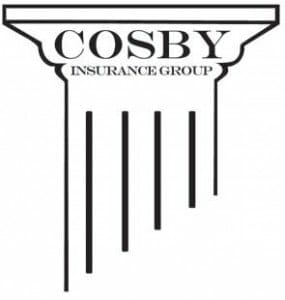After years of slowing growth, employer health costs are forecast to climb at a faster pace next year, according to PricewaterhouseCoopers.
Even with that projected growth, employers are spending much less per person than is the government — about 60 percent less, concludes a new study from the American Health Policy Institute.
Encouraging the expansion of employer-sponsored insurance would therefore seem to be more cost-effective than handing out government coverage to more people. Naturally, Obamacare is choosing to follow the latter path — by inflating Medicaid’s rolls and mandating costly coverage benefits that compel companies to dump their employees in the law’s exchanges, where they can get taxpayer-subsidized insurance.
So much for President Obama’s promise that health reform would “build on what works” and “fix what’s broken.”
The AHPI study found that employers spent $3,430 on health care per person in 2012. By contrast, government programs spent $9,130.
The study makes clear that some of the spending difference is due to the fact that Medicare, Medicaid, and the Veterans Health Administration tend to serve older, sicker, or special-needs populations.
Read the full article here.
Contact Steven G. Cosby, MHSA with questions or to request more information and to schedule a healthcare plan evaluation, savings analysis or group plan solution for your company.



